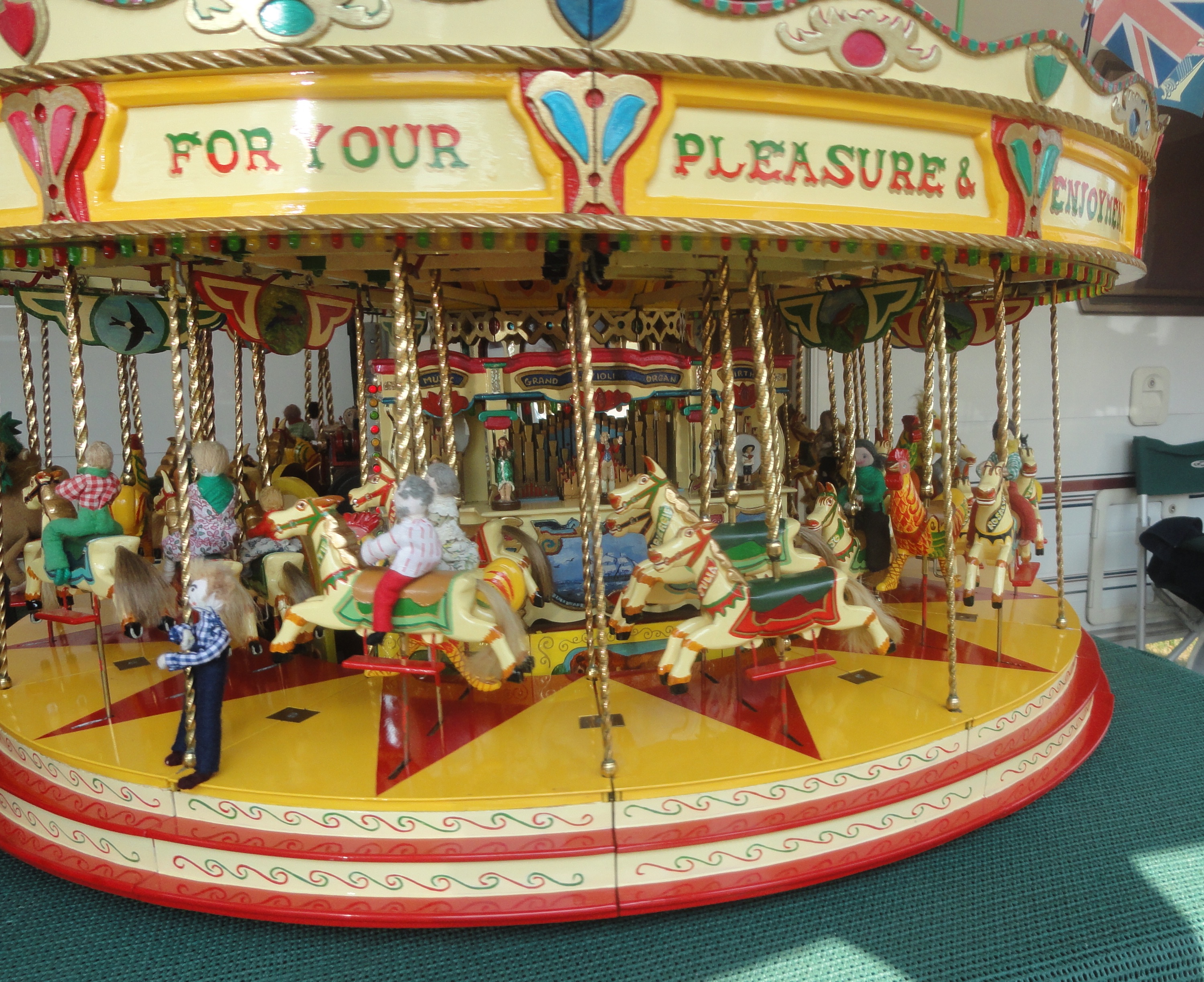
A mom once wrote, of babies:
Not only have they never seen, touched or experienced anything in our world—they also have no way of communicating thoughts, feelings or desires with anything more than frustrated cries, screams and babbling.I responded:
There is touch. There is gaze. Have you never just looked into the eyes of your child, communicating? Have you not touched them soothingly, and felt them touch you back sometimes? They can tell the difference between an angry look and a gentle look.
Parents who didn't know touch was a real way to communicate could practice on babies, and then use it with older children, and partners.
For children to learn language, they need opportunities to hear words, and for people to pay attention to the sounds they make. Mimicry is good, with babies. Even before they can articulate consonants, they can probably copy your voice going up or down, and you could copy them back. Singing little made up two-note songs can be a good tool for communicating with babies. Copying touch is good, too. (Don't return rough touch with rough, though.)


















